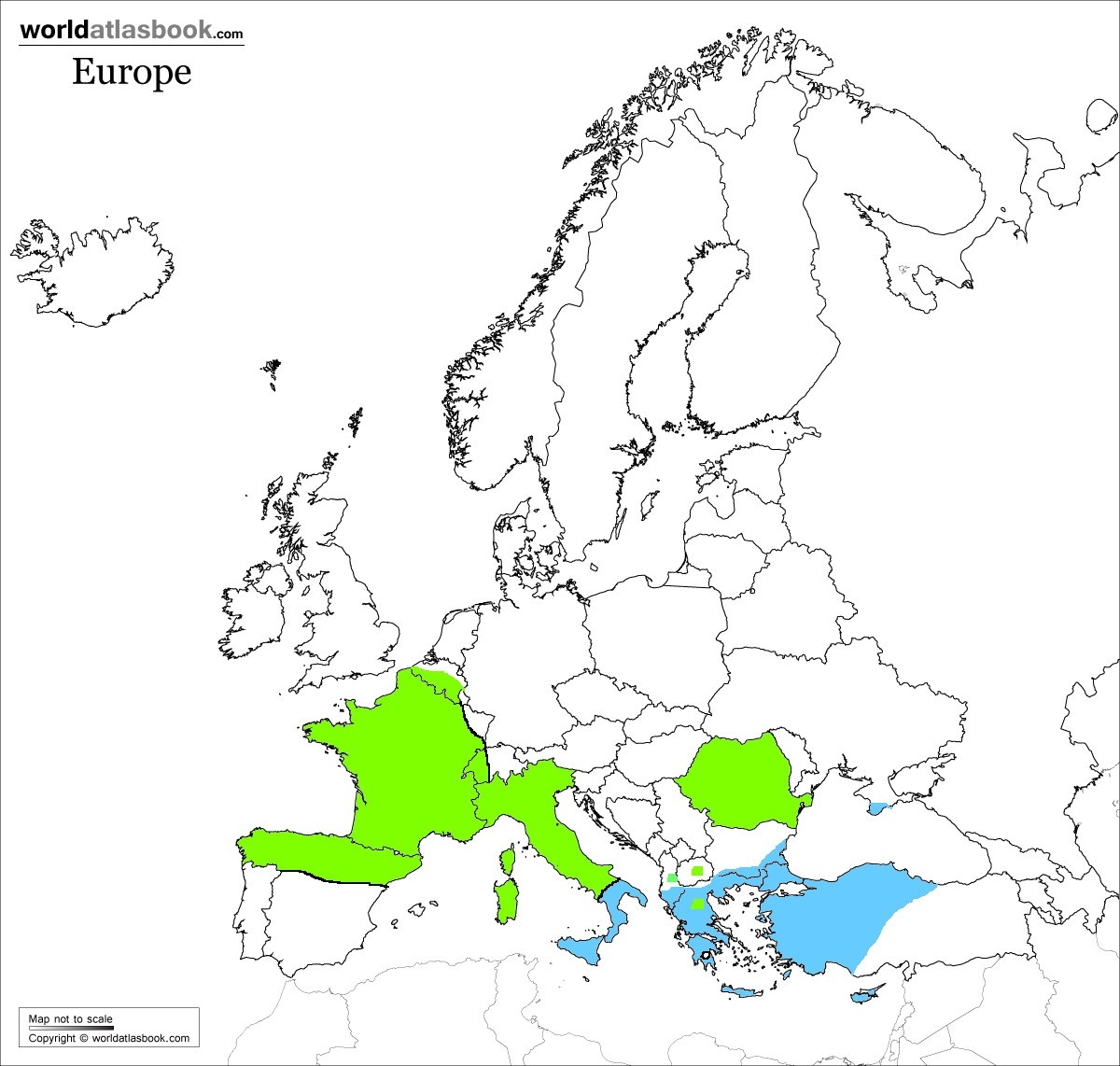No references were harmed or even looked at in the authoring of this answer.
It’s hard for us now to understand the awe and fear of ancient Greek religion. So when reading this answer, try not to think of Pericles and Demosthenes. Think instead of J. Random Tribesperson from, I dunno, Vanuatu or some place.
Booze was a scary thing to those who invented it, and no less scary to those who got hold of it. It made you act like you were possessed by a god. A scary god, who was also tried up somehow with sex and fertility. A god who was somehow acting out through you, and you had no control of yourself.
In fact, that’s the original meaning of the word enthusiasm. Being entheos, in-god: having a god inside you.
There were religious festivals to propitiate this strange, scary god called Dionysus. The festivals involved people getting drunk, which was a scary thing. And having the god speak through them in rant and song.
2500 years on outside your neighborhood bar at 3 am, I would argue not much has changed.
Because this was a religious ceremony, full of awe and solemnity, the drunken songs had names. Dionysus was somehow tied up with fertility, and given the stereotypes of the animal kingdom, some songs were called goat songs. I forget why other songs were called the kōmos, because I’m refusing to look up any references.
Because this was a religious ceremony and not a frat party or soccer match booze up, the songs had a religious bent. Being possessed by the god was scary, and the songs were about scary religious stories that invited awe and fear. You know. Myths.
Because the god was in them (they were drunk), they would tell the stories from the perspective of the god. In the first person.
At some stage, someone in the crowd listening to the holy drunken recitation of myths decided to join in.
And take turns telling the myth with them, in the first person.
Which turned into them acting out the myth story.
Drama was presented in Athens during the Dionysia, the religious festival of Dionysus. They involved song and dance, and a chorus of actors singing solemn songs, and having individuals talk back to them.
The Greek for goat song is tragōidia.
The Greek for kōmos song is kōmōidia.
